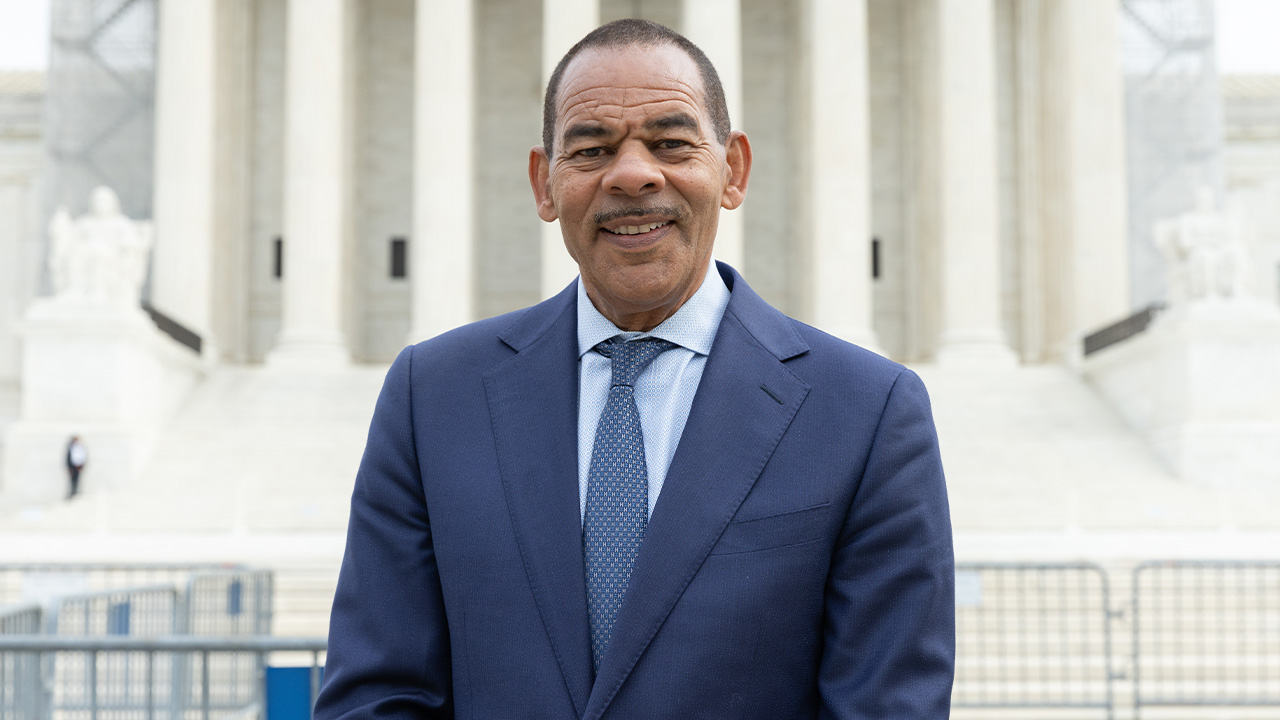An operating agreement is one of the most important documents you can create in connection with the formation of a limited liability company (LLC). An operating agreement is an agreement between the members of the LLC setting forth the procedures governing the operation and management of the LLC, and setting forth the members’ respective interest in the LLC. (In principle, it accomplishes what a shareholder’s agreement and bylaws does for a corporation, and a partnership agreement for a partnership.) An operating agreement allows the members to: (i) verify their percentage ownership in the LLC, (ii) document their initial capital contributions to the LLC, (iii) determine how profits and losses will be split among the members, (iv) establish voting rights of the members, (v) define the powers and duties of the managers and members, and (vi) provide for restrictions on transfer of membership interests in the LLC.
State law provides “default provisions” in case members fail to properly structure the LLC through an operating agreement. These default provisions often provide unexpected results to the members, which may vary significantly from the initial intent and expectations of the members.
As a result, the importance of an operating agreement cannot be overstated. An operating agreement will add structure and certainty among the members regarding the operations of the LLC. Depending upon your circumstances, the operating agreement may be drafted to include more advanced provisions such as: (i) different classes of membership interests, (ii) capital calls and mandatory loans, (iii) buy-sell rules, and (iv) deadlock resolution.
The creation of an operating agreement for a single-member LLC is just as crucial as in a multi-member LLC. In order to maintain an LLC’s liability protection, the member needs to keep his/her personal affairs separate from the LLC’s affairs (which can sometimes be made more difficult when there is only one member). An operating agreement for a single-member LLC establishes the formality of the LLC and provides an important element of the LLC’s complying with corporate formalities, separate and distinct from its owner.
If an LLC ever plans on obtaining a loan, the lender will almost always ask to see a copy of the operating agreement to confirm the ownership and management structure. Without an operating agreement, the only other document that may reflect ownership of the LLC is a previously filed tax return and the articles of the organization.
In summary, there are numerous advantages to creating an operating agreement. As touched upon above, an operating agreement can and should be customized for your specific needs. A well-crafted operating agreement will provide, among other things, a guide as to how the business of the LLC is operated, including how decisions are made, how the profits will be divided, and how one can transfer their membership interests. This will help reduce and/or eliminate uncertainty and headaches moving forward.
It may be difficult to modify an operating agreement once it has been executed by the members. Consider consulting an attorney before finalizing an operating agreement to ensure that you understand the terms and ramifications of the operating agreement, or if you need to amend or revise an existing operating agreement.
Please contact the seasoned corporate attorneys at Sachs Sax Caplan, P.L., with any questions or concerns. We would be happy to assist you in reviewing, tweaking and/or drafting a tailor-made operating agreement for your LLC.
– Jeffrey Wolfe, Esq., Attorney at Sachs Sax Caplan, P.L.













